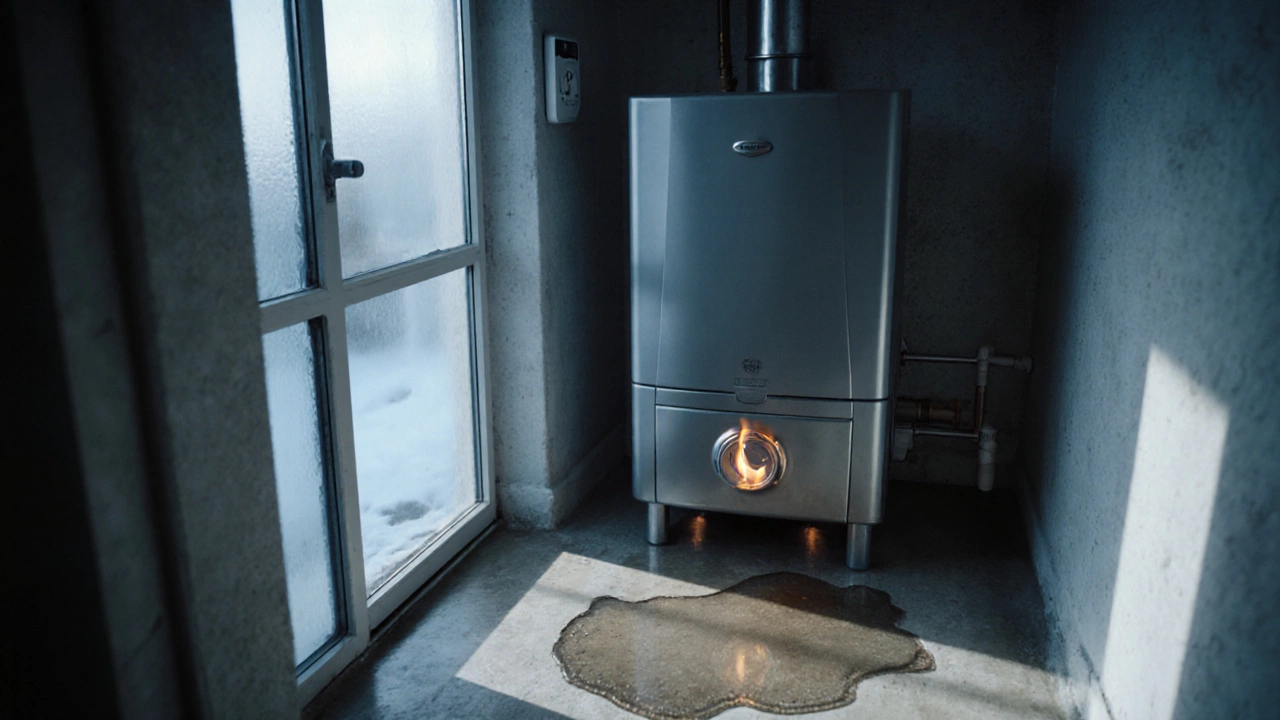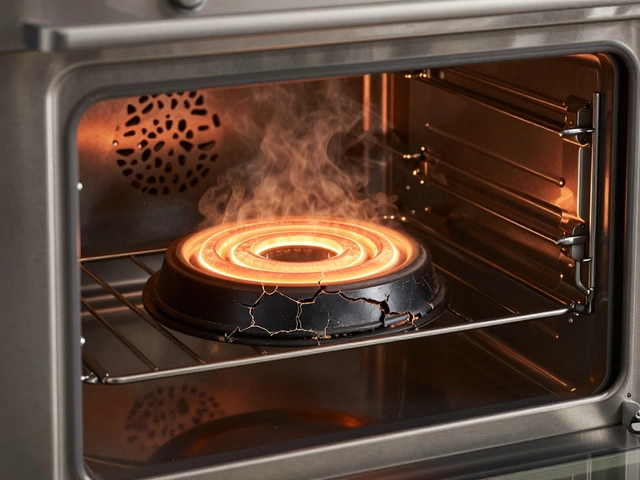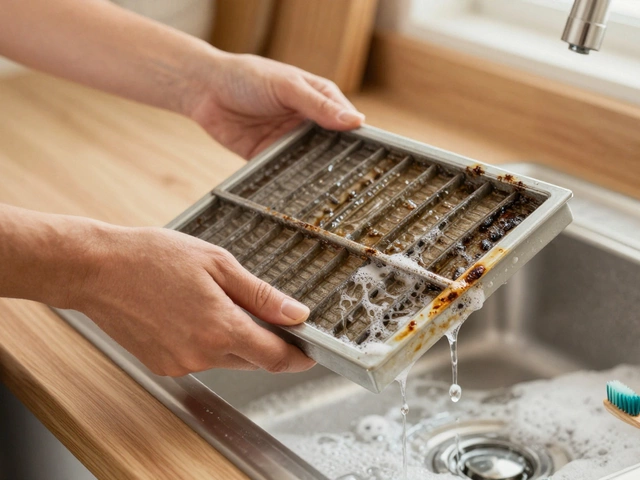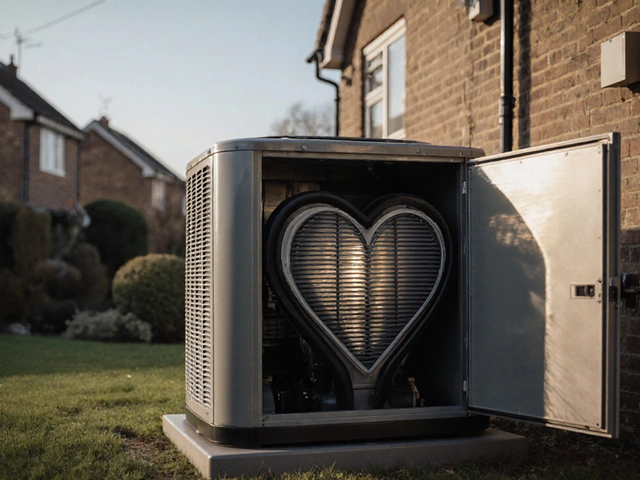Is Repairing Your 15-Year-Old Oven Worth It? A Guide to Electric Oven Troubleshooting
December 14 2024Boiler Troubleshooting: Common Issues, Fixes, and When to Call a Pro
When your boiler, a key component of your home heating system that generates hot water and heat via gas or electricity. Also known as a central heating unit, it’s one of the most critical appliances in your house—especially during winter. Suddenly stops working, it’s not just inconvenient, it’s a safety concern. A faulty boiler can mean no hot water, freezing rooms, or even dangerous gas leaks. The good news? Many boiler problems have simple fixes you can check before calling a technician.
Common signs of boiler trouble include no heat, strange noises like banging or gurgling, error codes on the display, or the boiler switching off by itself. These issues often stem from low water pressure, a faulty thermostat, a blocked condensate pipe, or a broken pump. Water pressure, the force that moves hot water through your pipes and radiators needs to stay between 1 and 1.5 bar—too low and your boiler shuts down as a safety measure. Most modern boilers let you top it up using the filling loop, which takes under five minutes. If the pressure keeps dropping, there’s likely a leak somewhere in the system.
Another frequent culprit is the condensate pipe, a plastic tube that drains waste water from high-efficiency boilers. In cold weather, it can freeze, causing the boiler to lock out. A quick fix? Pour warm (not boiling) water over the pipe outside—usually near the external wall where it exits your home. If the boiler restarts, that was your issue. A thermostat, the device that tells your boiler when to turn on and off based on room temperature can also fail. Try setting it higher than the current room temperature to see if the boiler responds. If it doesn’t, the thermostat might need replacing.
Don’t ignore warning signs like unusual smells, hissing sounds, or yellow flames instead of blue ones—these can mean dangerous gas leaks or incomplete combustion. Never try to fix gas-related issues yourself. Only a certified gas engineer should handle gas lines, valves, or burners. Even if you’re handy, safety comes first. Many boiler failures happen because people delay calling a pro, hoping the problem will go away. It won’t. And the longer you wait, the more expensive the repair becomes.
Boiler troubleshooting isn’t just about fixing what’s broken—it’s about understanding why it broke. Is your boiler over 10 years old? Is it frequently needing repairs? Are your energy bills climbing? These are clues that replacement might be smarter than repair. The posts below cover real-world cases: from fixing a boiler that won’t ignite to understanding why your radiators stay cold even when the boiler runs. You’ll find clear guides on checking pressure, resetting error codes, diagnosing pump failures, and knowing when to walk away from a money pit.
 26 Oct
26 Oct
How to Tell If Your Boiler Is Broken - Signs & DIY Checks
Learn the tell‑tale signs your boiler is broken, run quick DIY checks, test key parts, and know when to call a pro. Includes a symptom‑to‑cause table and maintenance tips.
Read More...



